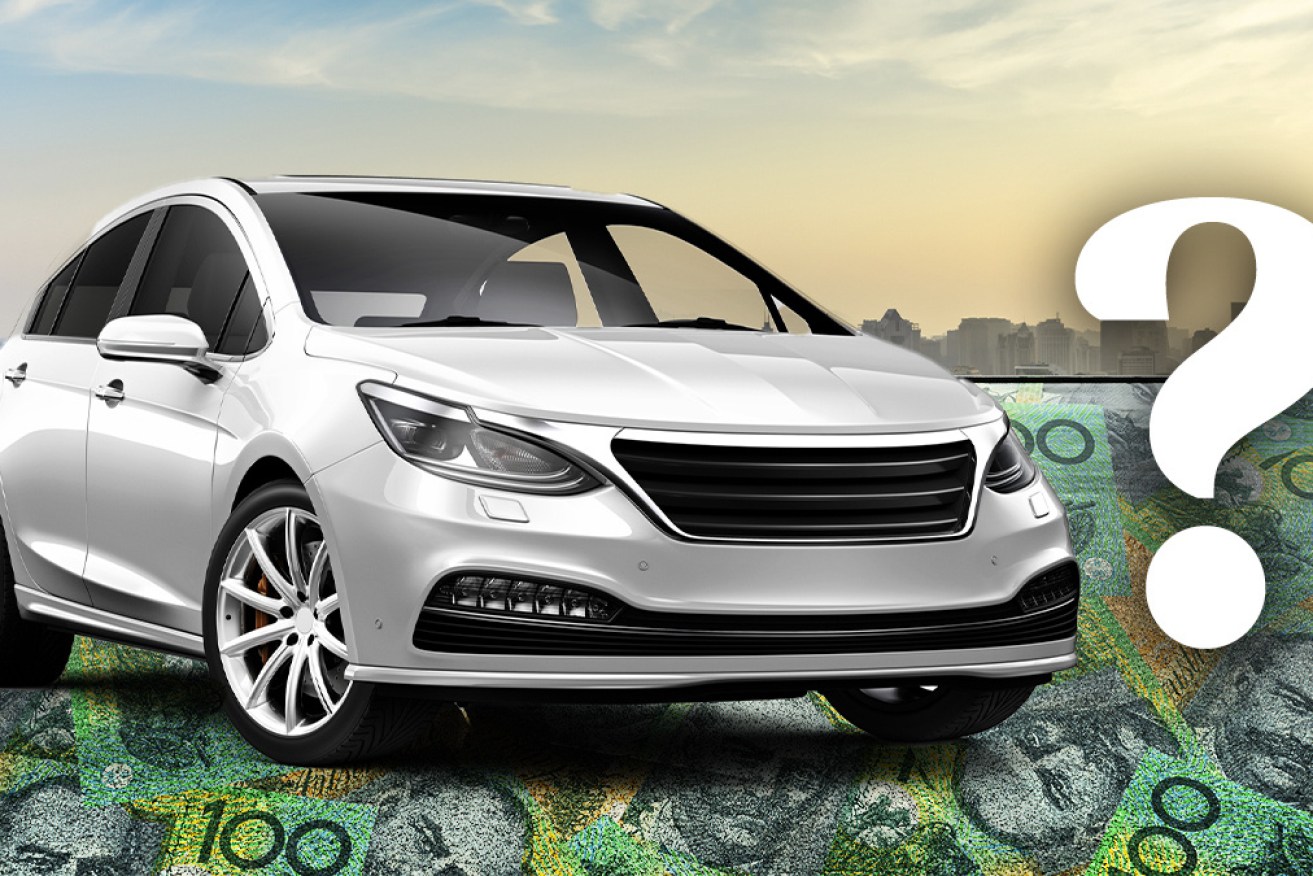Depending on the miles travelled, ditching the family car could save you a fortune


Should you sell the family car? Take a look at these numbers. Photo: TND
The COVID-19 pandemic is forcing people to question whether we need to own a car.
After all, lockdowns helped some of us discover the joys of staying closer to home, and many of us no longer have to drive to work every working day.
The von Hofmanns are one couple convinced a car is no longer necessary.
They made the decision after moving with their two daughters to Melbourne from Perth a year before the pandemic forced them to spend more time in their own neighbourhood.
They get around now by sharing cars, taking public transport, cycling and walking – saving them almost $11,000 over the last two years.
“We don’t miss the car at all,” said Alex von Hofmann, who works as a screenwriter.
“Every week or two, when we need a car for shopping, day trips or visiting friends, we just borrow one.”
So when does it make more sense to car share, which costs around $5 to $8 an hour ($25 to $40 a day) plus 21 to 41 cents per kilometre (petrol and insurance included), rather than owning a vehicle?
It depends how much you use your car; the fewer kilometres you drive, the more financial sense car sharing makes.
The average Australian vehicle travels around 12,000 km each year, according to the most recent Australian Bureau of Statistics figures.
Car sharing, meanwhile, becomes cost effective if you drive around 5000 kms a year or less, according to recent figures from consumer group CHOICE.

Alex von Hofmann and his family have sold the family car and saved big. Photo: Supplied.
The average cost of transport as a slice of household income fell from 13.8 per cent at the end of 2019 to 12.5 per cent at the end of 2020, according to a recent Australian Automobile Association (AAA) report.
Australian households ended 2020 with average weekly transport costs of $310, down from $325 a year earlier, the AAA found.
But they spent on average around $8164 a year, or $157 a week, running and maintaining their car.
That includes $63 on fuel each week; $29 on registration and licensing; $29 on servicing and tyres; $23 on insurance; and $13 on tolls.
The car sharing threshold
Will Davies, chief executive of car sharing startup Car Next Door, said average trip spend is about $100, so in general terms it’s more economical to car share rather than own a car if you take fewer than around 80 trips a year.
But the best option for you depends on how you would use a car share vehicle, for example, would you need it for an hour-long drive to work or just a short trip to the local supermarket a few times a week?
If you think you would spend less than around $8000 on car sharing each year then you could be better off financially for doing so, rather than paying to run, maintain and insure a car.
Mr Davies said people are more likely to walk or ride for short errands rather than jumping in a car if they have to pay per trip.
“When you move to a pay-per-use model, which is what car sharing is, you make actually more rational decisions,” Mr Davies said.
He said car manufacturing and supply chain delays due to the global pandemic, along with a preference for car travel over public transport for hygiene reasons, had fuelled a rise in Car Next Door use, with 25,000 bookings last month compared to 19,500 at the same time in 2020.








